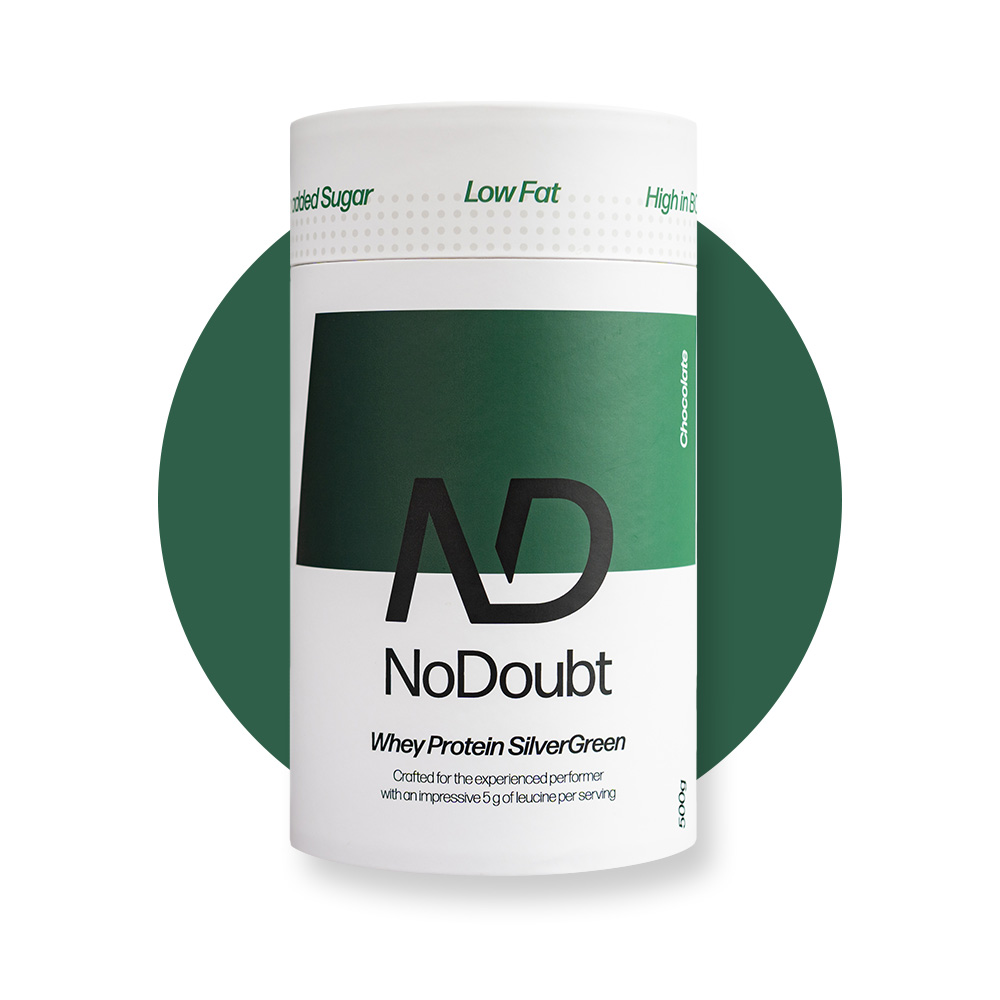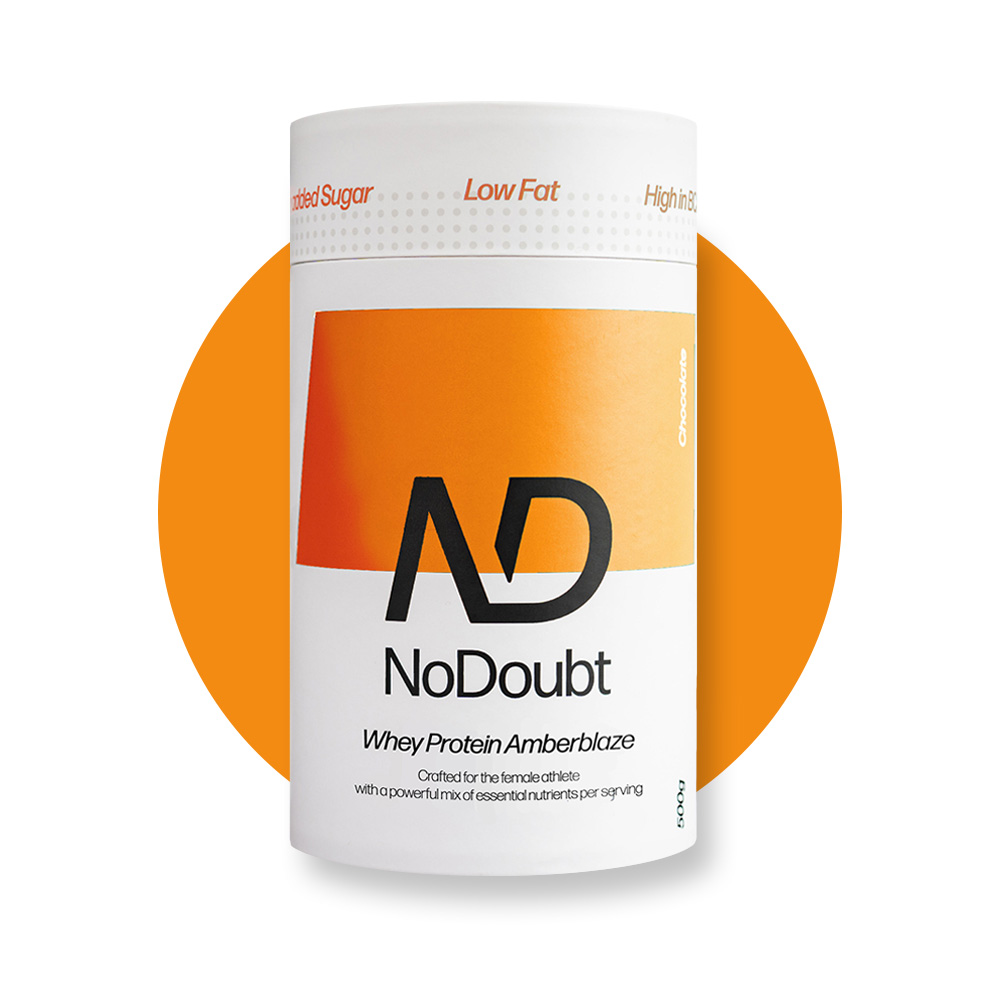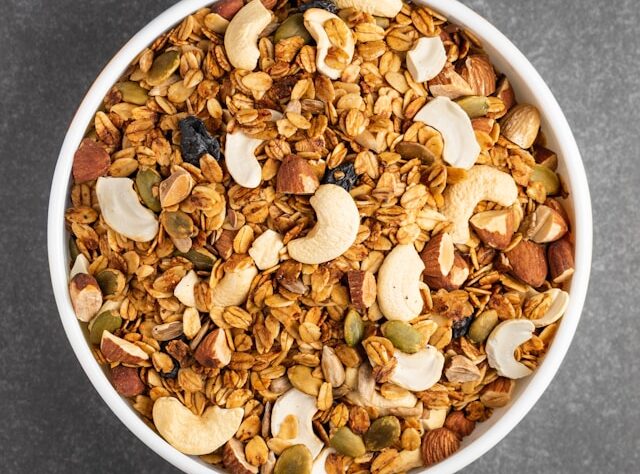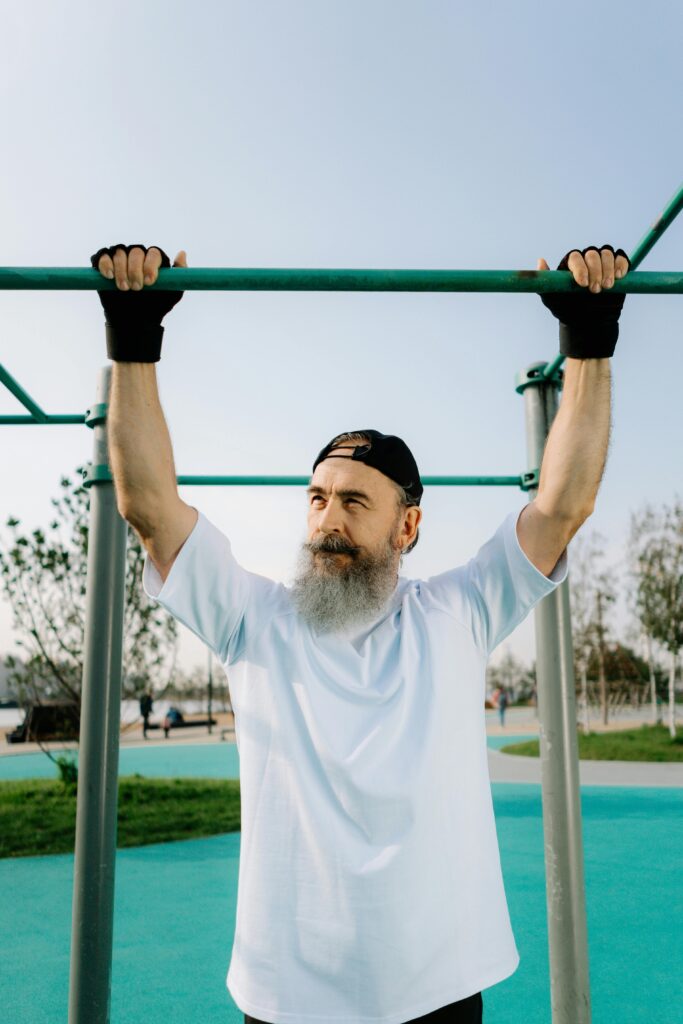The Truth About Protein and Performance in Sport
Myths debunked and facts revealed.


Building Blocks
Protein: Key for Muscle Repair and
-Growth
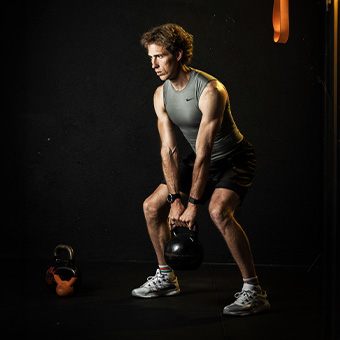
Requirements
The Influence of Activity on Protein Requirements.
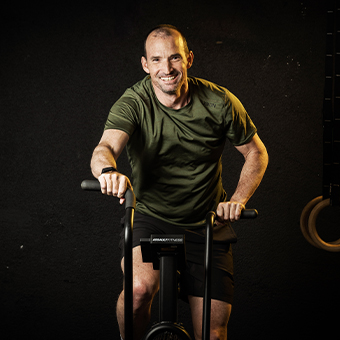
Performance
Protein Intake Is Crucial for Optimal Athletic Performance
Increasing Importance of Proteins
In recent years, the understanding of the importance of proteins in sport and fitness has changed considerably. In the past, the focus was mainly on carbohydrates as a source of energy for endurance activities, while proteins were mainly used by strength athletes for muscle mass. However, recent research has shown that protein plays a crucial role in improving athletic performance in various disciplines. We will now take a closer look at why protein is essential for the body, how exercise affects our protein requirements and the optimum protein intake recommended for athletes.
Everything About Protein
Protein is not just a nutrient; it is the building block of cells and tissues that is essential for the structural integrity of our body. During exercise, micro-tears occur in our muscles that need to be repaired to enable muscle growth and repair. Protein provides the necessary amino acids to support this process and ensure that our muscles remain strong, healthy and resilient.
An example illustrates this: Imagine a runner who is training hard for his next marathon. During training, he puts his leg muscles under intense strain, which leads to tiny tears in the muscle fibers. In order to recover and become stronger, his muscles need sufficient protein to support the repair processes. Without enough protein, his muscles could not be repaired effectively, which could lead to slower progress and an increased risk of injury.
Another example shows a weightlifter who trains regularly to increase his strength and muscle mass. His workouts consist of heavy lifting exercises that put a lot of strain on his muscles. To recover from these workouts and build muscle, he needs an increased protein intake to ensure his muscles have the necessary building blocks for muscle repair and growth.
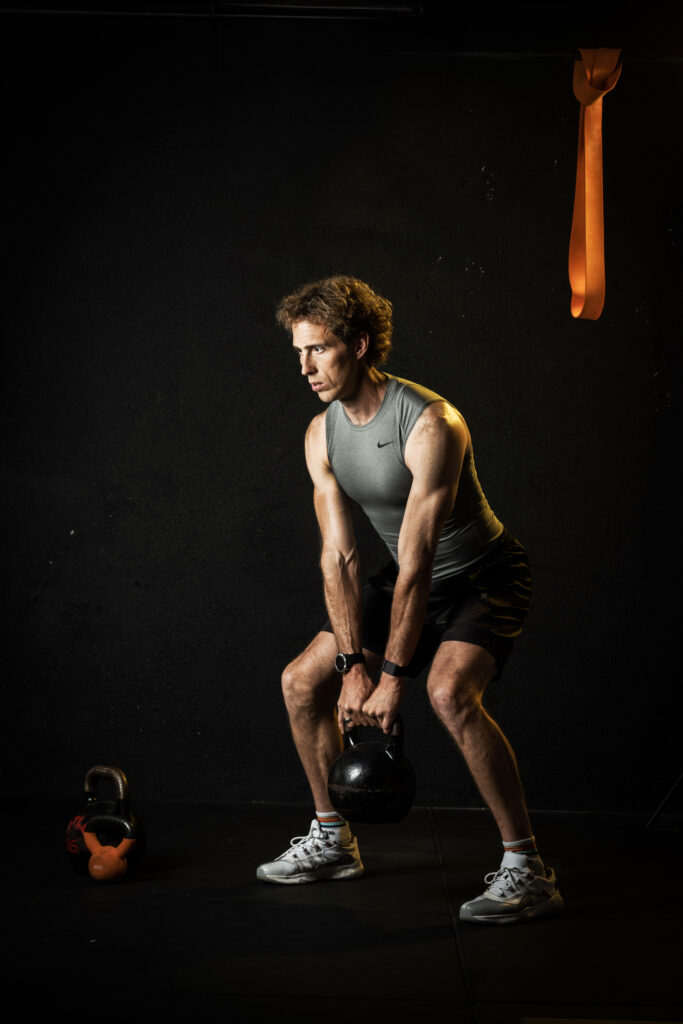
The Influence of Exercise on our Protein Requirements and Vice Versa
Our exercise has a considerable influence on our protein requirements. Earlier recommendations that set protein intake at 0.75 g/kg body weight have proven to be insufficient for endurance and strength athletes. Intense and prolonged workouts deplete our protein reserves and require a higher intake to support the repair, growth and adaptation of our muscles.
The table shows that active people who do both strength and endurance training need a higher protein intake in order to maximize their performance. This illustrates that protein requirements vary depending on the type and intensity of sport. A practical example: A racing cyclist who undertakes long, strenuous rides requires a higher protein intake than a recreational cyclist who undertakes short, less intensive rides. This is because road cyclists use their muscles more intensively and therefore have an increased need for protein to repair and grow their muscles.
What becomes even clearer is that older individuals also need much more than the previous 0.75 g/kg. According to the table, individuals over 40 even need up to 1.5 g, even if they don’t exercise. This is because muscle breakdown begins and intensifies from the age of 30 onwards. More on this in a later article.
Conclusion
Protein is a crucial factor for athletic performance. From supporting muscle repair and growth to enhancing our overall performance, the role of protein for athletes cannot be overstated. By understanding the nuanced relationship between training intensity, protein intake, and individual athletic goals, we can maximize our true potential and work confidently and energetically towards peak performance.
| Type of Athlete | Protein Recommendation per kg Body Weight of Athlete |
| Recreational Athlete | 1 g |
| Strength Athlete (e.g., Maintenance Phase, Muscle Building, and Increased Training Phase) | 1,2-1,6 g |
| Endurance Sports (e.g., Moderate Intensity, Prolonged and Intense Training) | 1,2-1,7 g |
| Team Sports Athlete (e.g., Moderate Training, Intense Training, or Competition) | 1,2-1,7 g |
| Adolescent and Growing Athletes | 2,0 g |
| Active Individuals Over 40 (Combating Muscle Loss) | 1.2-1.5 g |
(Source: Adapted from Australian RDIs – NHMRC, Australian Government, 2006)
Proteins for Active People Over 40:
NoDoubt SilverGreen
From the age of 30, our body undergoes natural changes that affect our fitness and health. Muscle mass decreases, especially in the 40s, and muscle regeneration slows down considerably. This leads to a decline in your strength and performance.
Discover solutions that enable you to counteract muscle loss at an early stage and maximize your performance from the age of 40.
Proteins for Women Under 40:
NoDoubt AmberBlaze
Women have long been neglected in sports science. The female cycle was seen as a disruptive factor, which meant that recommendations were often based on male needs and ignored the specific requirements of women.
Discover solutions that tackle nutrient deficiencies from the ground up and maximize female performance.
